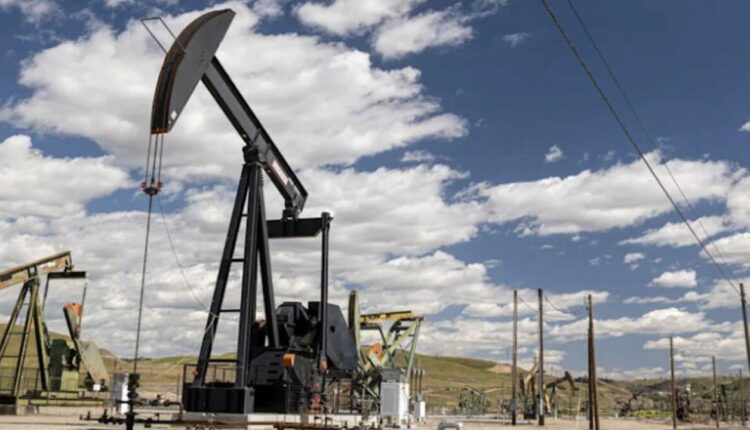The economist and oil expert Rafael Quiroz considers that the war between Russia and Ukraine is of a political nature, however, its effects disturb the oil market, particularly in the increase in the price of crude oil, because for the mobilization of the arms units it requires energy increasing oil consumption.
“The conflict presents movement of arms units, which move by land, by air and by sea and all of this consumes oil, consumes fuel and other oil products and therefore increases oil consumption and also the demand for oil.” Quiroz affirmed. According to the economist, a price that “bids up” favors all oil-producing and exporting countries.
According to the economist, a price that “bids up” favors all oil-producing and exporting countries. He emphasizes that the conflict benefits the United States because it is the “first producer of oil and in turn the first consumer of oil and the first importer of crude oil, which are three highly outstanding characteristics within the oil market”, while Russia is second. oil producer and the first country with the largest gas reserves in the world.
This whole scenario impacts the price of crude oil and compromises the variable called “political premium”, which according to the expert is a “premium caused by the risk of oil supply” and currently stands at 27 % of the price of oil. “In absolute terms, it is calculated between 15 and 18 dollars a barrel, of what is being quoted at the moment.” Quiroz pointed out that Brent has already surpassed 105 dollars a barrel and of those 15 dollars are the product of that political premium that this geopolitical variable of oil is charging.
Venezuela benefits despite sanctions
According to the economist Quiroz, the benefits for Venezuela are directly related to its production and export levels, today the Caribbean country registers an average daily production of 865 thousand barrels, from that amount it is necessary to discount internal consumption, as well such as storage or inventory, leaving about 700 thousand barrels per day for export.
The price of a barrel of Venezuelan oil is quoted at 90 dollars per barrel. “Venezuela could benefit more if it were producing under normal conditions and we had production at 2.5 million b/d, we would benefit more there, but we are not producing what we should.”
In the opinion of the economist, PDVSA uses some strategies so that its interests are not affected due to the sanctions, “but with these maneuvers, even with traps, it manages to overcome all those obstacles and it is logical that this is the case and that is what all the sanctioned countries do. Quiroz said.
The university professor also indicated that regardless of the maneuvers that have to be resorted to, the fact is that we receive our wealth of petrodollars thanks to exports.
M. Rodríguez
Source: eluniversal.com


